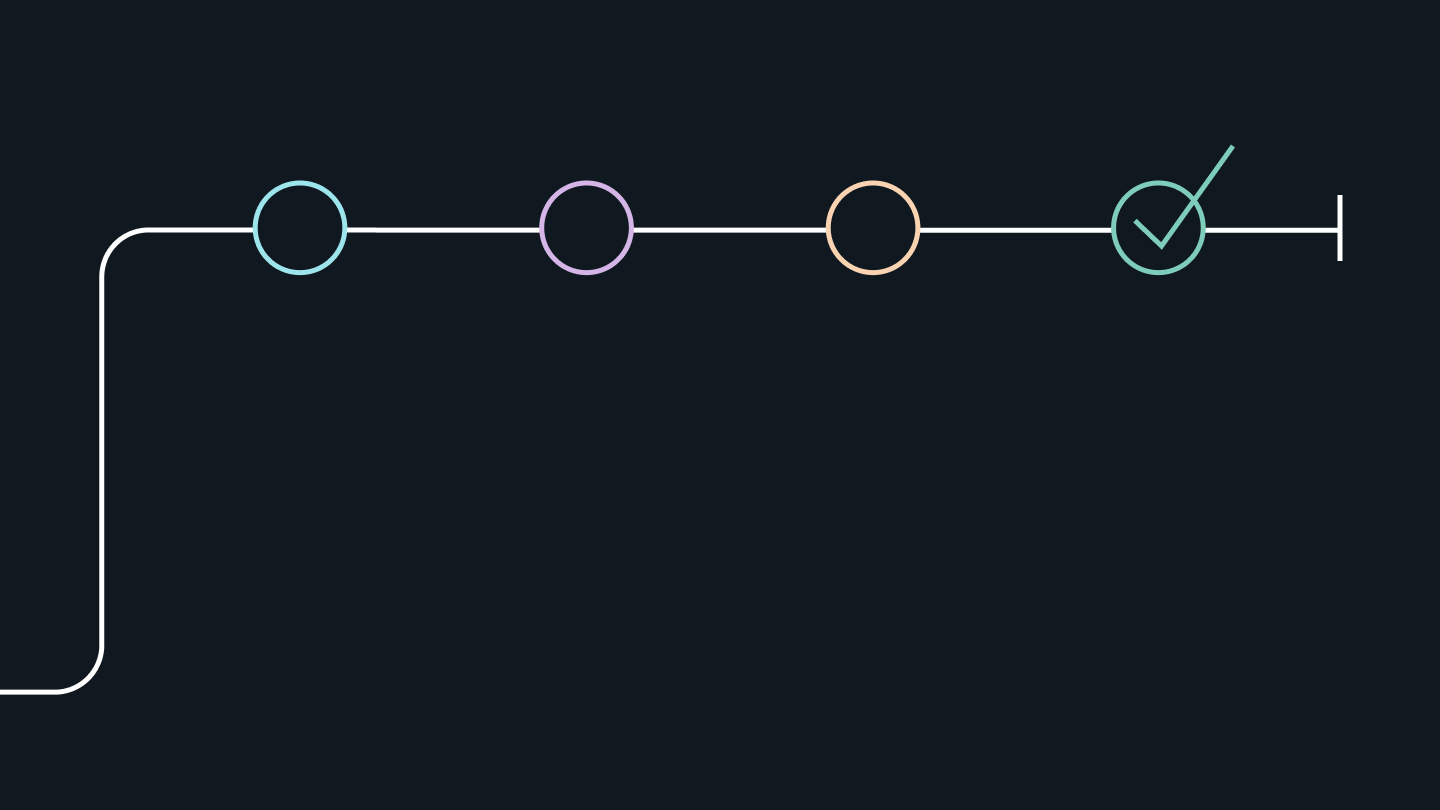J.P. Morgan is the marketing name for the Treasury Services business of JPMorgan Chase Bank, N.A. and its affiliates worldwide.
©2018 JPMorgan Chase & Co. All rights reserved. JPMorgan Chase Bank, N.A. Member FDIC.
The products and services described in this document are offered by JPMorgan Chase Bank, N.A. or its affiliates subject to applicable laws and regulations and service terms. Not all products and services are available in all locations. Eligibility for particular products and services will be determined by JPMorgan Chase Bank, N.A. or its affiliates.
JPMorgan Chase Bank, N.A. at its London Branch is authorised by the Office of the Comptroller of the Currency in the jurisdiction of the U.S.A. Authorised by the Prudential Regulation Authority. Subject to regulation by the Financial Conduct Authority and to limited regulation by the Prudential Regulation Authority. Details about the extent of our regulation by the Prudential Regulation Authority are available from us on request (Firm Reference Number: 124491)
J.P. Morgan AG is authorised and supervised by the German Federal Financial Supervisory Authority (Bundesanstalt für Finanzdienstleistungsaufsicht – BaFin).
J.P. Morgan Bank Luxembourg S.A. European Bank and Business Centre, 6 route de Treves, L-2633, Senningerberg, Luxembourg R.C.S Luxembourg B10.958 - SWIFT BIC CHASLULX - VAT Number 19732200242
J.P. Morgan Bank Luxembourg S.A. is regulated by the Commission de Surveillance du Secteur Financier (CSSF) and is jointly supervised by the European Central Bank (ECB) and the CSSF. J.P. Morgan Bank Luxembourg S.A. is authorized as a credit institution in accordance with the Law of 5th April 1993
For Brazil: Ombudsman J.P. Morgan
Telephone: 0800-7700847
Email: ouvidoria.jp.morgan@jpmorgan.com
The information herein or any document attached hereto does not take into account individual client circumstances, objectives or needs and is not intended as a recommendation of a particular product or strategy to particular clients and any recipient of this document shall make its own independent decision. Information in this document has been obtained from sources believed to be reliable, but neither Chase Paymentech Europe Limited nor any of its affiliates warrant the completeness or accuracy of the information contained herein. The information provided herein may not be copied, published or used, in whole or in part, for any purpose other than expressly authorized by Chase Paymentech Europe Limited.
Chase Paymentech Europe Limited, trading as J.P. Morgan, is regulated by the Central Bank of Ireland. Registered Office: JP Morgan House, 1 George’s Dock, I.F.S.C., Dublin 1, D01 W213, Ireland. Registered in Ireland with the CRO under the Registration No. 474128. Directors: Catherine Moore (UK), Carin Bryans, Michael Passilla (US), Dara Quinn, Steven Beasty (US)








